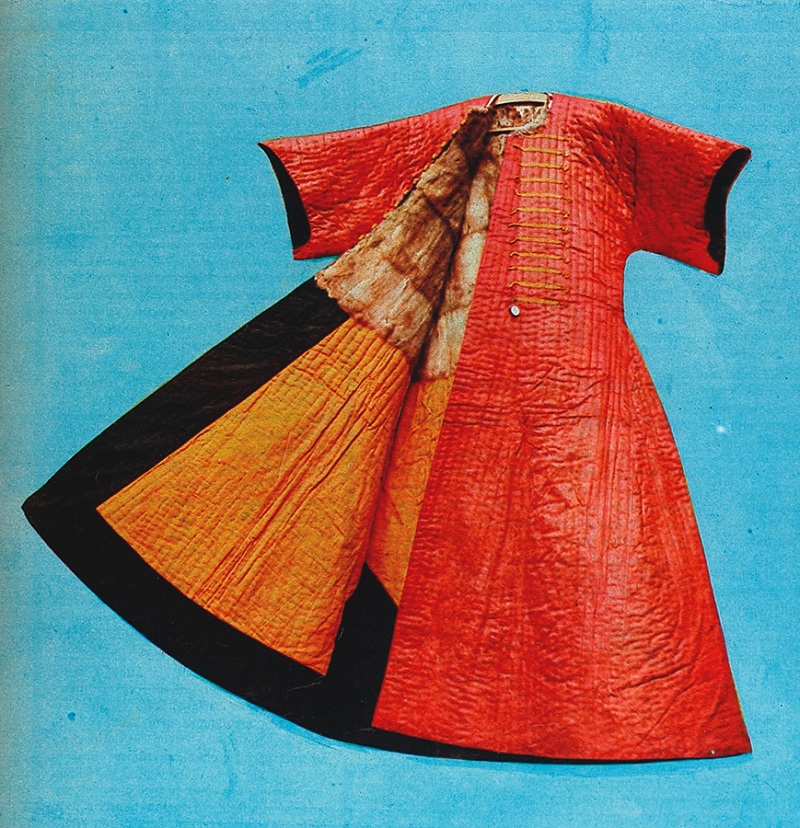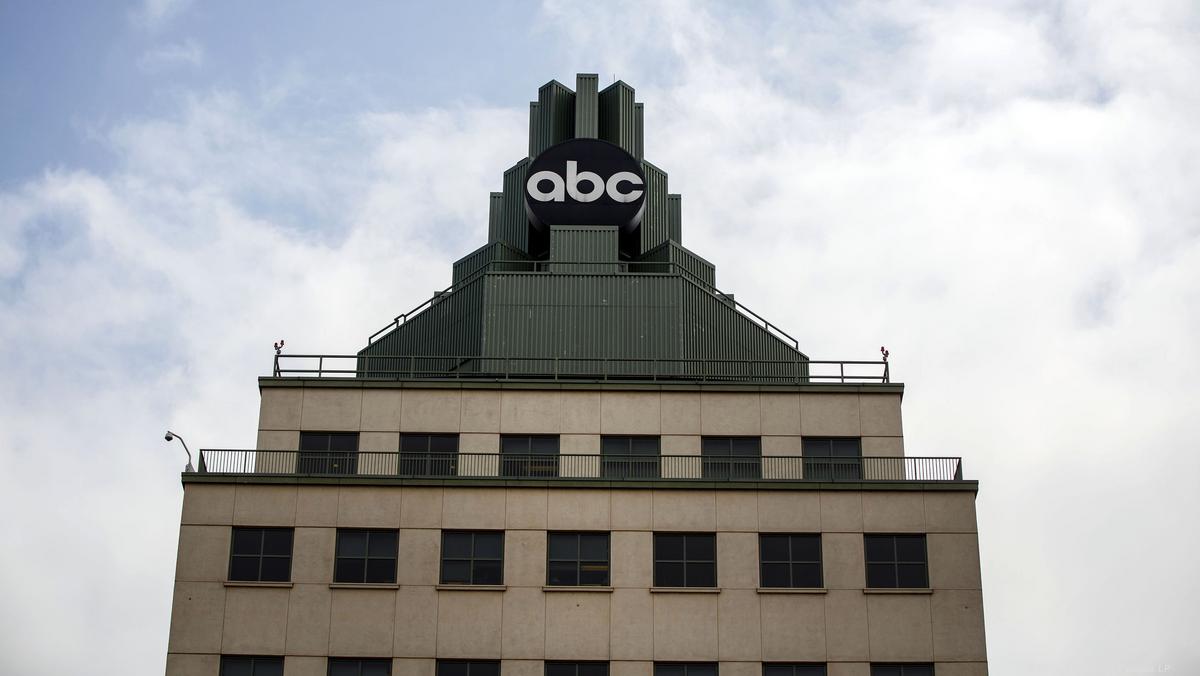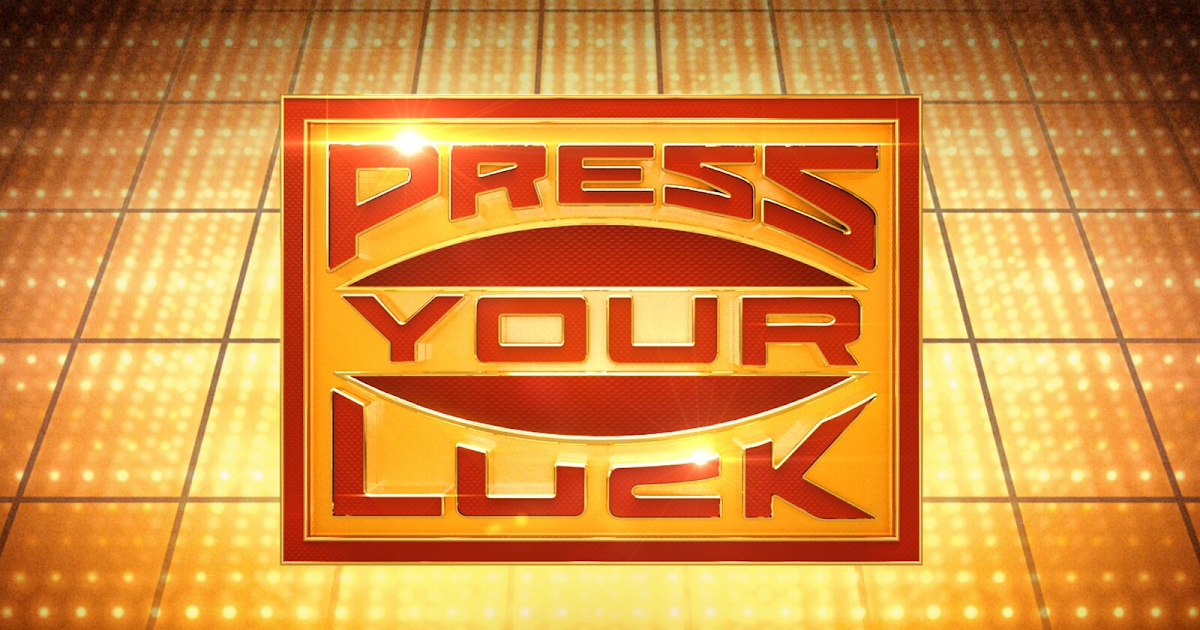Hollywood At A Standstill: The Writers' And Actors' Joint Strike

Table of Contents
Key Demands of the WGA and SAG-AFTRA
The WGA and SAG-AFTRA strikes stem from a confluence of issues, all reflecting the dramatic shifts in the entertainment landscape. Their demands are multifaceted, focusing on fair compensation, protection from AI, and improved working conditions.
Fair Compensation and Residuals in the Streaming Era
The transition from traditional television models to streaming has drastically altered the compensation landscape for writers and actors. The old system of residuals—payments for reruns and syndication—provided a crucial source of income, especially for those working on successful shows. Streaming services, however, have largely eliminated or drastically reduced residuals, leading to financial instability for many entertainment professionals.
- Specific Demands: The unions are demanding minimum residual payments based on streaming viewership, greater transparency regarding streaming viewership data, and fairer profit-sharing models that reflect the revenue generated by their work on streaming platforms. They also seek a larger percentage of profits from streaming platforms compared to the current revenue sharing model. The lack of transparency surrounding streaming numbers is a major point of contention.
Protecting Writers and Actors from AI
The rapid advancement of artificial intelligence (AI) presents a significant threat to the livelihoods of writers and actors. Concerns exist about AI being used to generate scripts, potentially replacing human writers, and about the unauthorized use of actors' likenesses and voices through AI-generated deepfakes.
- Specific Demands: The unions are demanding safeguards against the unauthorized use of AI-generated content. This includes clear guidelines on the use of AI in scriptwriting, performance capture, and voiceovers, ensuring that creative professionals receive proper compensation and consent when their work is used in conjunction with AI. They are pushing for contractual clauses explicitly addressing AI usage and prohibiting its use to replace human creatives without appropriate compensation.
Improving Working Conditions
Many entertainment industry workers endure grueling working hours, inadequate rest periods, and a lack of benefits. The unions are fighting for safer and more equitable working conditions.
- Specific Demands: This includes demands for minimum crew sizes to prevent overwork, regulated working hours to prevent burnout, and improved healthcare benefits to provide better security and stability for workers. These improvements are crucial to addressing the precarious nature of many entertainment jobs and ensuring a more humane work environment.
Impact of the Joint Strike on Hollywood
The combined WGA and SAG-AFTRA strikes have had a sweeping impact on the Hollywood industry. The ripple effect is immense, affecting productions, finances, and consumers alike.
Production Delays and Cancellations
The strike has brought film and television production to a near standstill. Countless projects have been delayed or cancelled entirely, impacting studios, production companies, and countless support workers.
- Examples: Major studio productions, including films and television series, have experienced significant delays, causing financial losses and impacting release schedules for the foreseeable future. The impact extends beyond major studios, affecting independent productions and smaller companies as well.
Impact on Consumers
The strike’s impact is being felt by consumers through a potential shortage of new content on streaming services and a disruption to television schedules. Awards shows and other industry events are also being affected.
- Examples: Many anticipated film and TV releases have been delayed indefinitely. The lack of new programming is impacting streaming platforms and the overall entertainment experience for consumers. Numerous planned events, like award ceremonies, have been postponed or cancelled.
Potential Outcomes and Future Implications
The outcome of the Hollywood strike remains uncertain. Its resolution will shape the future of the entertainment industry and the way creative labor is valued and protected.
Negotiation Strategies and Potential Compromises
Both sides are employing various negotiation strategies. The potential for compromises remains to be seen, depending on the willingness of studios and streaming services to meet the unions’ key demands for fair compensation and improved working conditions. The strength of the unified front presented by the writers and actors could prove to be a significant factor in the negotiations.
- Potential Scenarios: A successful negotiation would require concessions from both sides. A prolonged strike could lead to further financial losses and long-term changes in the industry's production model. The lack of agreement could set a precedent for future labor disputes within the entertainment industry.
The Future of Creative Labor in the Digital Age
This strike transcends the immediate concerns of the entertainment industry. It raises broader questions about the future of creative labor in the digital age and how fair compensation can be ensured in a rapidly evolving landscape. The issues at stake are not simply about Hollywood; they're about ensuring fair compensation and working conditions for creative professionals across various industries.
Conclusion
The Hollywood writers' and actors' joint strike is a watershed moment, highlighting the urgent need for reform in the entertainment industry. The demands for fair compensation, protection against AI, and improved working conditions reflect the changing realities of the digital age and the vital role of creative professionals. The outcome of this strike will have profound implications for the future of the industry, shaping how creative labor is valued and protected. Stay informed on the ongoing Hollywood strike and its developments to better understand the future of entertainment. Understanding the intricacies of the writers' strike and actors' strike is crucial to grasping the broader impact on the entertainment landscape. Let's hope for a swift resolution that addresses the core issues at the heart of this unprecedented entertainment industry strike.

Featured Posts
-
 Porsches Tightrope Walk Ferrari Performance Vs Mercedes Prestige During Global Trade Disputes
May 20, 2025
Porsches Tightrope Walk Ferrari Performance Vs Mercedes Prestige During Global Trade Disputes
May 20, 2025 -
 Dusan Tadic Yeni Basarilar Ve Tarihi Bir Miras
May 20, 2025
Dusan Tadic Yeni Basarilar Ve Tarihi Bir Miras
May 20, 2025 -
 Hugo Boss Perfume Deals Amazon Spring Sale 2025 Save Up To 60
May 20, 2025
Hugo Boss Perfume Deals Amazon Spring Sale 2025 Save Up To 60
May 20, 2025 -
 Philippines Deploys Us Typhon Missiles Deterrent To Chinas Growing Influence
May 20, 2025
Philippines Deploys Us Typhon Missiles Deterrent To Chinas Growing Influence
May 20, 2025 -
 Why No Murder In Agatha Christies Towards Zero Episode 1
May 20, 2025
Why No Murder In Agatha Christies Towards Zero Episode 1
May 20, 2025
Latest Posts
-
 Will Popular Abc News Show Survive Recent Layoffs
May 20, 2025
Will Popular Abc News Show Survive Recent Layoffs
May 20, 2025 -
 Is This The End For Beloved Abc News Show
May 20, 2025
Is This The End For Beloved Abc News Show
May 20, 2025 -
 Mass Layoffs At Abc News What Happens To Popular Shows
May 20, 2025
Mass Layoffs At Abc News What Happens To Popular Shows
May 20, 2025 -
 Impact Of Abc News Layoffs On Programming
May 20, 2025
Impact Of Abc News Layoffs On Programming
May 20, 2025 -
 Abc News Show Future In Jeopardy After Staff Cuts
May 20, 2025
Abc News Show Future In Jeopardy After Staff Cuts
May 20, 2025
